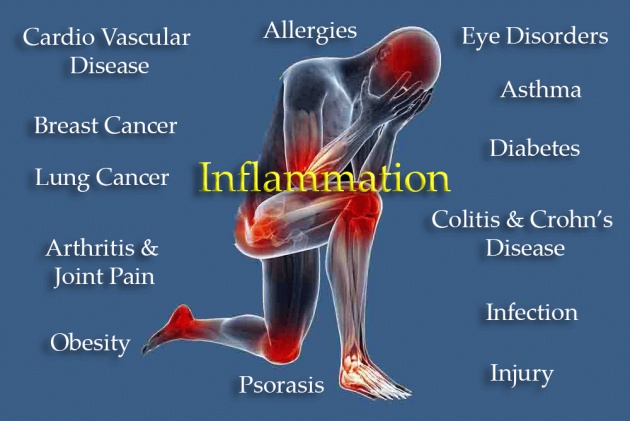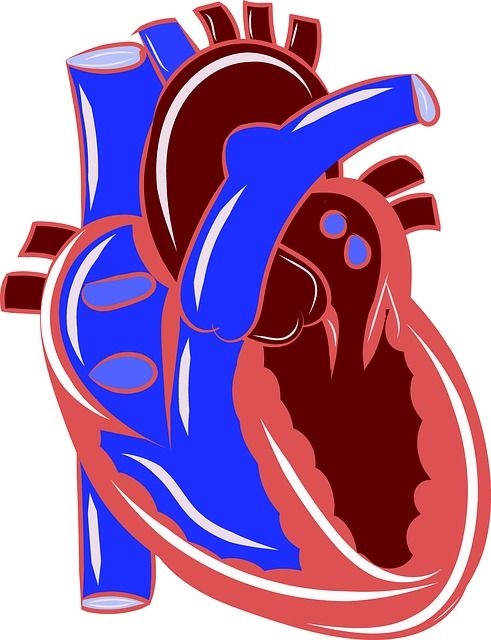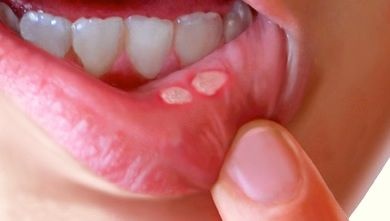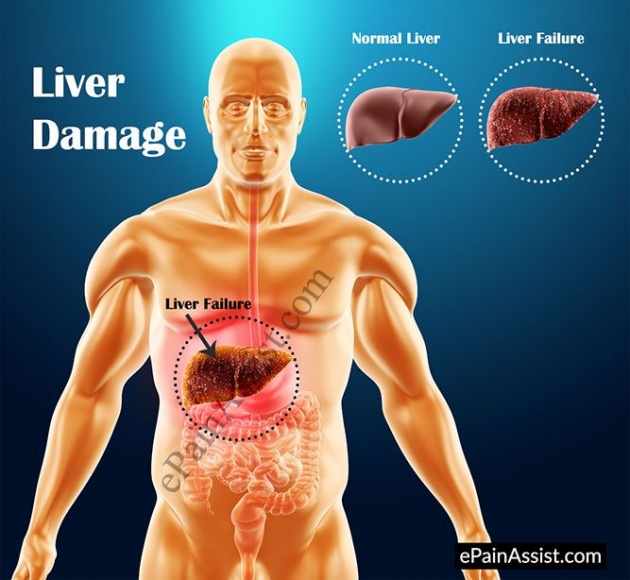
Image Credit: LubosHouska via Pixabay / Edited with Photoshop
What is Cinnamon?
Cinnamon is a spice that comes from the inner bark of the Cinnamomum tree. It is made by cutting the stems of the cinnamon tree, the woody parts are removed and the inner bark is extracted.
Here is a video of how cinnamon is made
Video Credit: H.I.S Survival via Youtube
The distinct flavor and odor of the cinnamon come from its essential oils which contains the compound cinnamaldehyde. The essential oils are composed of about 90% of the compound cinnamaldehyde.
Cinnamon is not only used as an aromatic condiment in dishes, adding a depth of flavor to a wide variety of dishes, whether it is sweet or savory, snacks, teas and more. It is also highly prized for its medicinal properties for thousands of years.
There are two main types of cinnamon and they are:

Image Credit: drjockers.com
- Cinnamomum Cassia is the more common type of cinnamon, it is known as the "regular" cinnamon. it is reddish dark brown in color. Most of the cinnamon in the international market is derived from this species of cinnamon. They can be found in any market and is much cheaper than the Ceylon species. This type of cinnamon has a high level of coumarin content.
- Cinnamomum Verum or Ceylon cinnamon is usually called the "true" cinnamon, it is tan brown in color and has a lighter and less bitter taste than the Cassia type. It contains a small, negligible amount of coumarin content.
What are the Health Benefits of Cinnamon?
Cinnamon is a High source of Antioxidants
Cinnamon has been ranked no.1 for its antioxidant levels. It is loaded with antioxidants such as polyphenols, which can help in lowering the risks of Type-2 diabetes, Heart diseases, Obesity and Inflammations.
Cinnamon Improves Metabolism
Cinnamon contains essential oils that come from the oily part of the tree that it grows from. This oil contains a compound known as cinnamaldehyde. This is the aldehyde that gives cinnamon its flavor and smell. It consists of 90% of the essential oil found in the cinnamon bark. It is believed that this compound helps improve our body's health and metabolism.
Cinnamon Contains Anti-inflammatory Properties

Image Credit: http://solsticernr.ie/
Cinnamon contains antioxidants that have anti-inflammatory effects, this antioxidants can help your body fight infections, repair tissues, lower the risks of heart diseases, cancer and more.
Cinnamon Lowers Heart Disease

Image Credit: azwer via pixabay
Studies have shown that cinnamon helps reduce high cholesterol levels, high blood pressure levels, and high triglyceride levels, which are known to be a threat for causing strokes or heart diseases.
Cinnamon Helps Blood Coagulate
Research has shown that cinnamon helps form blood clots which can prevent bleeding.
Cinnamon Helps Fight Diabetes
Cinnamon is known to help lower blood sugar levels and can help improve the body's sensitivity to the hormone insulin, which is essential in regulating the metabolism, energy use and maintaining the blood sugar balanced. Cinnamon can help lower the body's resistance to insulin which helps decrease the amount of glucose that enters the bloodstream after eating a sugar high meal.
Cinnamon Protects the Brain

Image Credited: TheDigitalArtist via Pixabay
Research has shown that cinnamon can help protect the brain from developing neurological disorders such as Alzheimer's and Parkinson diseases. Because cinnamon is full of antioxidants and anti-inflammatory compounds that can help reduce aging, it can help defend the brain from neurological and neurodegenerative diseases.
Cinnamon May Help Protect Against Cancer
Studies have shown that cinnamon extracts may help prevent cancer. Due to its high amount of antioxidants, cinnamon can be used to help protect against cancer by protecting the DNA from damages, cancerous tumor growth, and cell mutations. It can help inhibit the growth of cancer and the formation of blood vessels in tumors and helps kill off tumors. Studies show that cinnamon can help protect the colon and increase the colon's health which can reduce the risk of colon cancer.
Cinnamon Can Help Fight against Infections
Cinnamon contains the compound Cinnamaldehyde, it is one of the main components of cinnamon, which can help the body fight against infections and inflammations. Cinnamaldehyde contains antifungal, antiviral, antibiotic and antibacterial properties which can help fight bacterial, viral and fungal infections. Not only that, it can also help fight various bacterias which can cause colds, bad breath, and tooth decay.
Cinnamon Can Help Fight Allergies

Image Credit: PublicDomainPictures via Pixabay
It has been shown that the compounds found in cinnamon can help fight most common allergy symptoms. It has been found to help reduce inflammations and is a natural antihistamine. Its essential oils have been found to have immune-boosting abilities which can help allergic reactions after eating common allergen foods.
Cinnamon Can Be Used As A Natural Sweetener
Cinnamon has a naturally sweet taste which can help flavor the food, it can help reduce the amount of sugar needed in a dish, lowering the glucose absorbed by the body and helps in lowering the glycemic load of your meal. Cinnamon contains no sugar and no calories making it far more healthy and superior in using additional sugar in your meals, this can help you fight diabetes and weight gain.
Cinnamon Can Be Used As A Food Preservative

Image Credit: Common Sense Home
With the cinnamon's antibacterial properties, it can be used as a natural food preservative. Not does this help reduce the use of artificial and chemical ingredients used in food it also adds a new dimension in the taste of your food.
Side Effects of Cinnamon
While cinnamon is known for its health benefits, eating too much cinnamon can cause harmful side effects as well.
These are some possible side effects from eating too much cinnamon.
Cinnamon May Cause Low Blood Sugar Level
As cinnamon can help treat the risk of high blood sugar levels by lowering the body's blood sugar level, eating too much cinnamon may cause Hypoglycemia, wherein your sugar level falls too low especially those taking medicine for diabetes. This can lead to dizziness, tiredness, and fainting.
Cinnamon May Cause Mouth Sores

Image Credit: wmsmile.com
The compound Cinnamaldehyde in cinnamon may trigger an allergic reaction when consumed too much. This may cause mouth sores, tongue and gum swellings, white patches in the mouth, a burning or an itching sensation.
Cinnamon May Cause Liver Damage

Image Credit: https://www.epainassist.com
The Cassia cinnamon is found to be rich in coumarin. Studies have found that eating too much coumarin may cause liver damage.
Cinnamon May Increase The Risk Of Cancer

Image Credit: medicalnewstoday
Cinnamon is rich in coumarin which may increase the risk of certain cancers. Eating too much coumarin may cause the growth of cancerous tumors in the liver, kidneys, and lungs.
~oOOOo~vvvvv~oOOOo~
Thank you for reading! Have a good day!
Written by Eeza_1986 for Bitlanders



